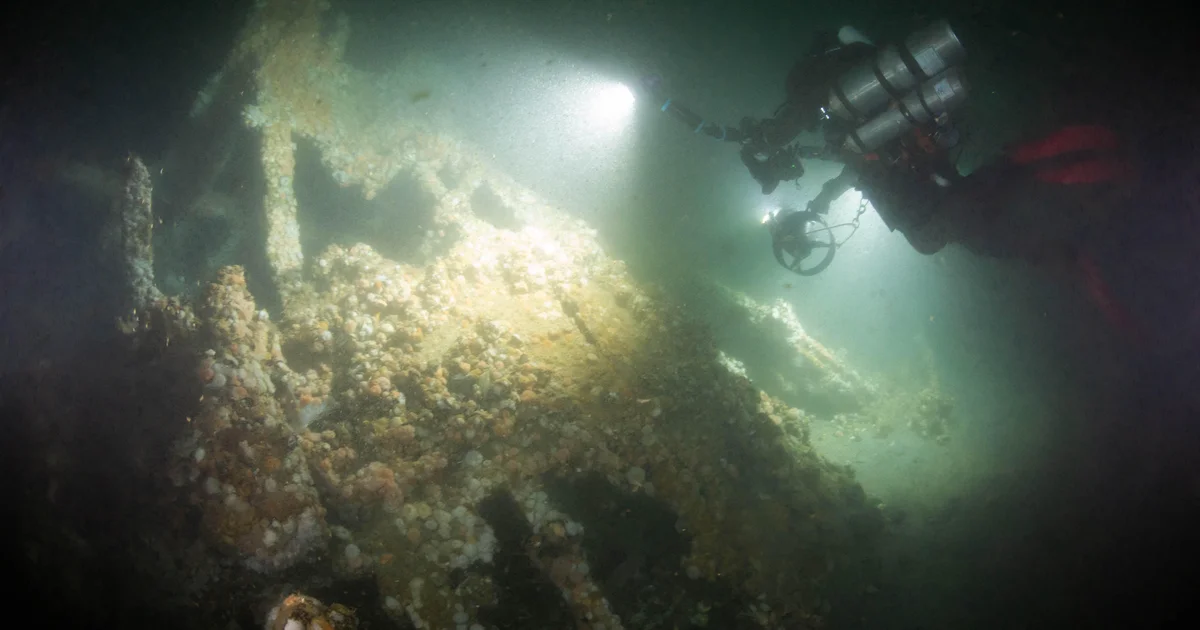By Maya Galea
Copyright maltatoday

An appeals court has upheld the prison sentence against four men accused of stealing €10 million worth of cigarettes in 2015, but also acknowledged that the multimillion fines imposed on them were disproportionate and may constitute a human rights breach.
The four men, who argued in their appeal that the prosecution failed to prove certain elements of the case, had their appeals dismissed and prison sentence upheld.
However, the Court of Criminal Appeal acknowledged that the hefty fines dished out to the men were excessive and referred the case to the constitutional court for review.
In 2023, the four Freeport workers were sentenced to prison and handed a €6.6 million fine each for defrauding the government out of over €2 million in duty and taxes in a massive cigarette smuggling operation.
Christopher Calleja, a 69-year-old security officer from Valletta, was given a four-year prison sentence, while haulier Malcolm Zammit, a 44-year-old from Qormi, was sentenced to three years in jail.
In separate proceedings, customs officer Sebastian Zammit, 73, from Safi and Malta Freeport employee Roderick Borg from Qormi, were jailed for three years and two years respectively and also fined €6.6 million.
In addition, the four men were also ordered to pay around €1.1 million in court costs.
In July 2015, a container stored at the Freeport’s trans-shipment zone was loaded onto a truck and left the Freeport without authorisation. The contents were stolen and replaced with rubble, before the container was quickly returned to its original position.
The stolen merchandise was worth €304,500. The accused were said to have deprived the government of €1.66 million in excise duty, €175,000 in importation duty, and €386,000 in value added tax, totalling €2.23 million.
In the appeal, the men claimed that in order for them to be convicted of complicity in the theft, the prosecution needed to show not only that he contributed to the theft, but also that they acted deliberately with the specific intent required.
They further argued that there was no proof of what the container actually contained and therefore no evidence that the stolen goods were the cigarettes alleged by the prosecution.
The cigarettes were never recovered nor seen.
The men insisted that no concrete evidence had been presented to prove that the container held cigarettes.
In delivering its sentence, the Court of Criminal Appeal highlighted the premeditated nature of the theft, confirming that all four individuals were involved at every stage of the operation.
According to the court, CCTV footage and other evidence clearly show the coordinated effort to move the container filled with the cigarettes out of the Freeport without completing the required checks and procedures.
The court noted that the size and nature of the container made it impossible to remove from the port without strict coordination. “It was not a small object that could easily be concealed” the court reiterated.
The court concluded that the container’s removal was an orchestrated criminal operation and the evidence demonstrated that to complete this operation, the participation of all the accused was necessary for the container to leave the port unlawfully.
Furthermore, the appellants argued that their prison sentences and fines were excessive and disproportionate in comparison to the gravity of the crimes. They claimed that the penalties violated their fundamental rights under both the Maltese Constitution and the European Convention on Human Rights.
The Court of Appeal still dismissed the appeals filed by Sebastian Zammit,Roderick Borg and those filed by Christopher Calleja and Malcolm Zammit and upheld their convictions. However, the appeals were partially dismissed, with the court referring the cases to the Constitutional Court for further review of the severity of the sentences handed out to the men.
The men were each fined €6,686,055.18 and ordered to pay an additional €1.1 million in court expenses.
The Court of Appeal acknowledged that the fines and prison sentences given by the lower court were very severe, affirming that the men’s sentences was too harsh and probably violated their fundamental rights due to being disproportionate to the crimes committed. The court further stated that the fines could cause serious hardship for the appellants and their families.
However, the court admitted to not having the power to reduce or cancel these fines because the law sets them nor the authority to decide on potential violations of fundamental rights in sentencing.
Thus, it referred the issue of the punishment’s severity to the Constitutional Court to decide whether it is proportionate and fair under Maltese law and the European Convention on Human Rights.
The court recognised that the principle of proportionality is essential in justice, ensuring a fair balance between the severity of a criminal act and the sanctions imposed.
Christopher Calleja and Malcom Zammit were assisted lawyers Veronique Dalli, Edward Gatt and Mark Vassallo while Sebastian Zammit and Roderick Borg were assisted by defence lawyers Joe Giglio and Roberto Montaldo.
Judge Edwina Grima presided over the case.



